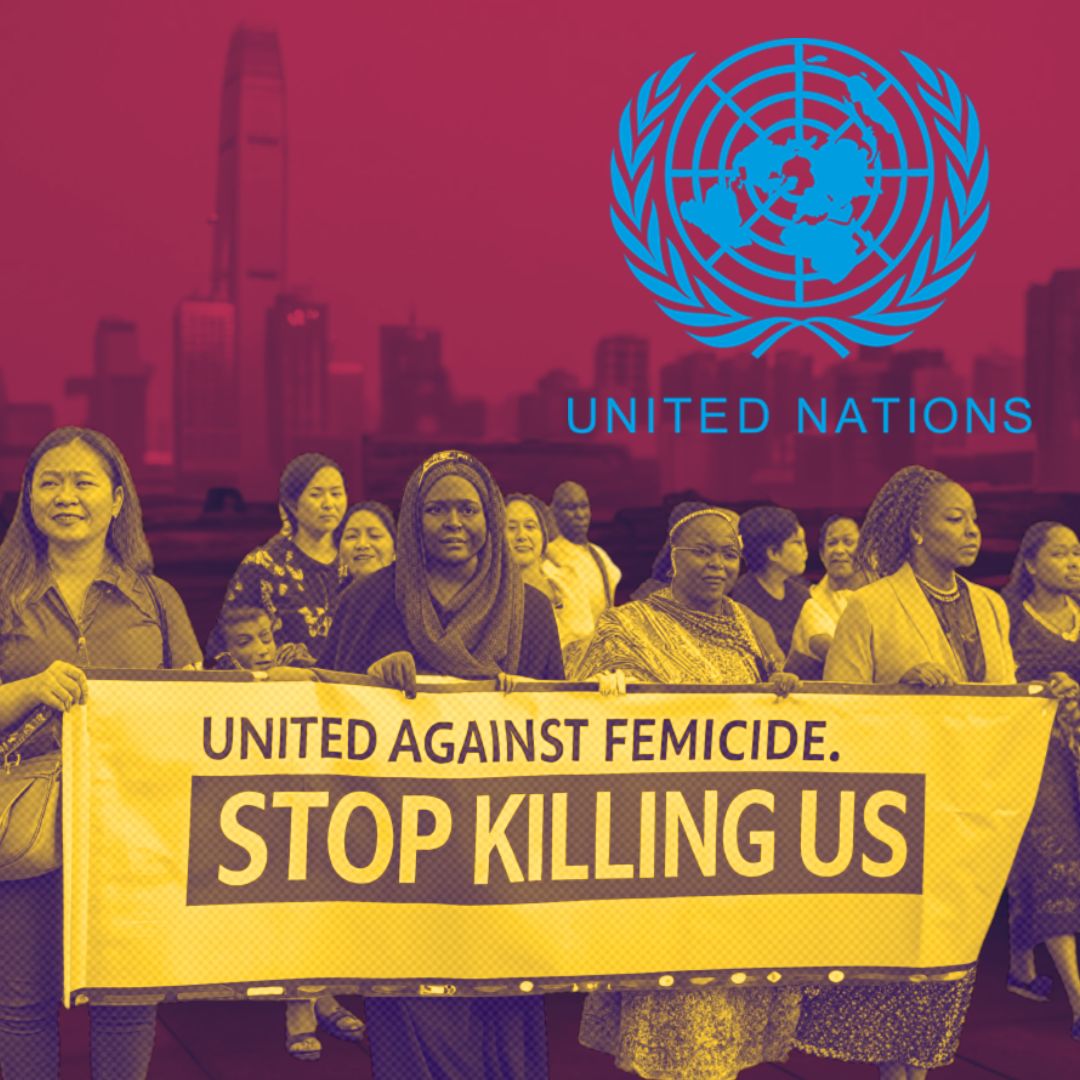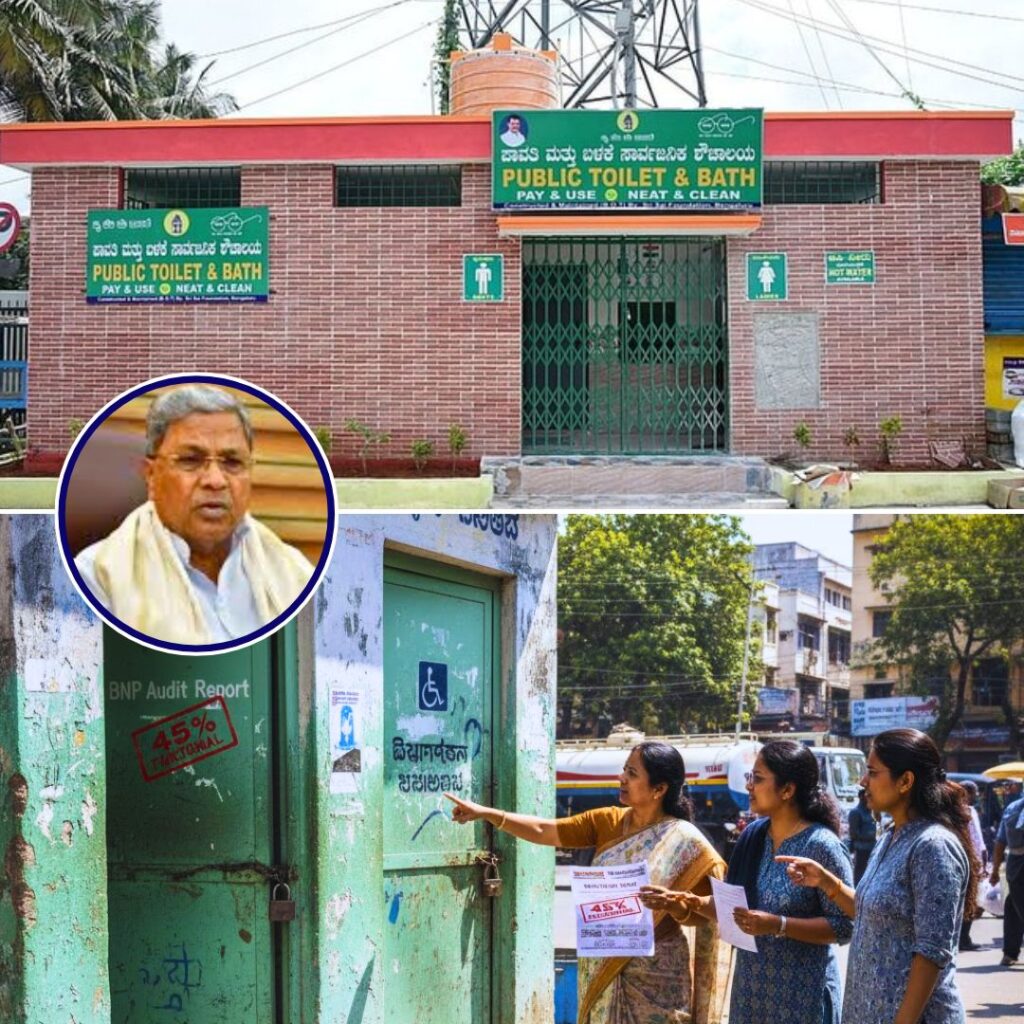A recent UN report reveals that over 18,000 women were murdered by family members or intimate partners in Asia in 2023, contributing to a global total of 85,000 female homicides. This alarming statistic indicates that 60% of these murders were committed by close relations, with an average of 140 women killed daily worldwide. Officials emphasize the urgent need for improved data collection and preventive measures to combat this pervasive issue, calling for stronger support systems for survivors and accountability for perpetrators.
The Deadly Reality of Femicide
The report titled Femicides in 2023: Global Estimates of Intimate Partner/Family Member Femicides, released by the United Nations Office on Drugs and Crime (UNODC) and UN Women, highlights that approximately 51,100 women and girls were intentionally killed by intimate partners or family members globally in 2023. This equates to one woman or girl being murdered every ten minutes. Christine Arab, UN Women Regional Director for Asia and the Pacific, stated, “Femicide is the most extreme and visible manifestation of gender-based violence,” urging for better data collection and accountability measures to prevent such tragedies.
Regional Disparities in Femicide Rates
The report underscores significant regional variations in femicide rates, with Africa recording the highest incidence at an estimated 21,700 victims in 2023, followed by Asia at over 18,000. While Asia reported lower rates of femicide relative to its population (0.8 per 100,000), the report emphasizes that homes are often the most dangerous places for women. Masood Karimipour from UNODC noted that “women are more likely to be killed by someone close to them than by strangers,” highlighting the urgent need for effective interventions tailored to address domestic violence.
Calls for Action and Accountability
In light of these findings, officials are advocating for stronger criminal justice systems and enhanced support mechanisms for survivors. The report calls for countries to establish femicide observatories to monitor and analyze femicide data globally, thereby promoting evidence-based policies. Sima Bahous, Executive Director of UN Women, emphasized that “violence against women and girls is not inevitable—it is preventable,” urging governments to adopt robust legislation and increase funding for women’s rights organizations. As we approach the critical anniversaries of the Beijing Declaration and Sustainable Development Goals, it is imperative that leaders act decisively to protect women’s lives.
The Logical Indian’s Perspective
The Logical Indian believes that addressing femicide requires a concerted effort from all sectors of society. We advocate for a zero-tolerance approach towards gender-based violence and urge governments to implement comprehensive strategies that prioritize women’s safety. As these statistics reveal a troubling reality, we ask our readers: What actions can we take as individuals and communities to ensure safer environments for women and girls? Your insights can contribute to meaningful dialogue and foster positive change in our society.











